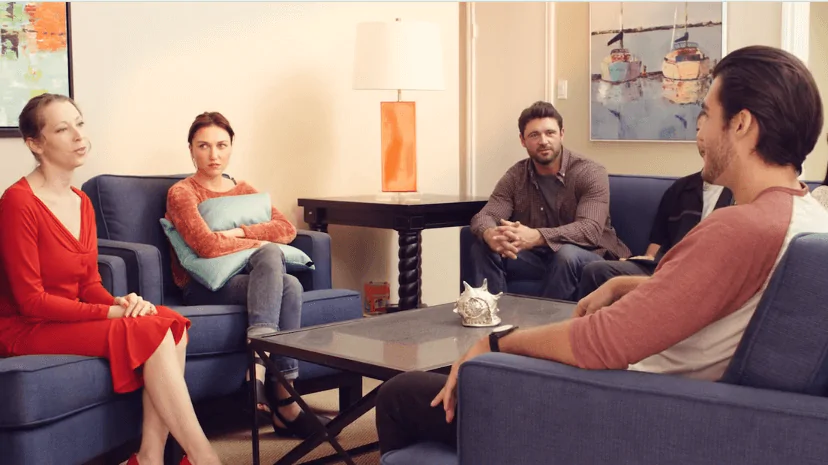24/7 Helpline:
(866) 899-221924/7 Helpline:
(866) 899-2219
Learn more about Ritalin Rehab centers in Clarkson
Ritalin Rehab in Other Cities

Other Insurance Options

Highmark

Amerigroup

CareSource

WellPoint

State Farm

Access to Recovery (ATR) Voucher

Multiplan

Holman Group

American Behavioral

UMR

Group Health Incorporated

Cigna

Lucent

GEHA

Health Partners

PHCS Network

Ceridian

Horizon Healthcare Service

Anthem

United Health Care

Spero Health – Clarkson
Spero Health – Clarkson is a private rehab located in Clarkson, Kentucky. Spero Health – Clarkson sp...























Pathways Counseling Services
Pathway Counseling Services offers outpatient substance abuse counseling sessions. Pathway Counselin...

Communicare Clinic
Communicare Clinic is a private rehab located in Leitchfield, Kentucky. Communicare Clinic specializ...













































































